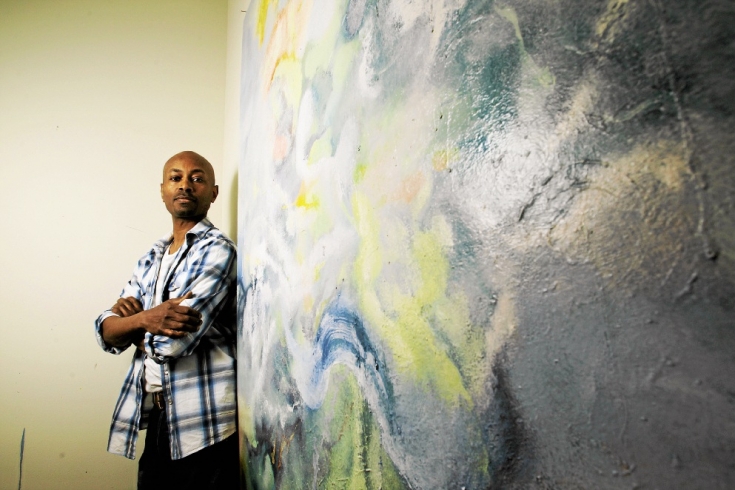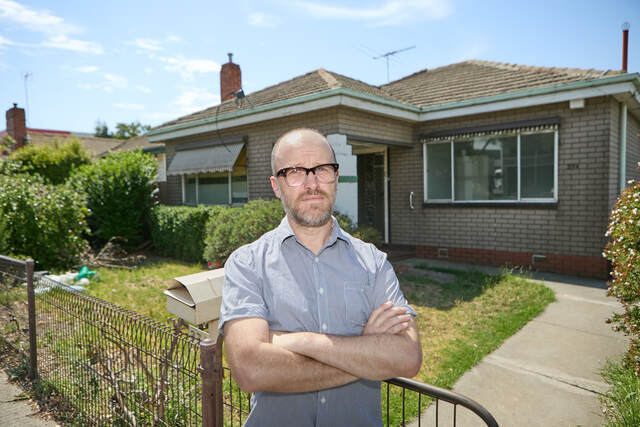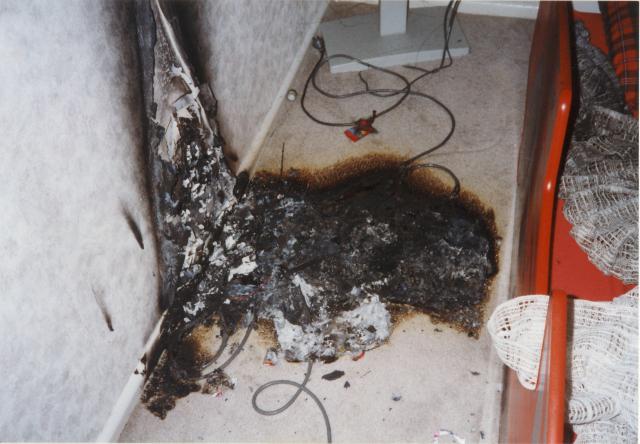In August, 100 of the most influential African Australians were honoured for their contribution to Australian society in a ceremony at Sydney’s Opera House. The honour list encompassed entrepreneurs, celebrities, community leaders, academics and professionals. With a vibrant African population, Melbourne’s west produced several winners. ROBERT FEDELE meets three prominent leaders.
Bitsat Seyoum
SHE was once a famous singer in her home town of Addis Ababa, the capital of Ethiopia, but these days Bitsat Seyoum is happy living a quieter life.
“I knew when I started living here, that same life I’d never get it again,” she says with only a tiny amount of regret.
I meet Bitsat at the Footscray restaurant she’s been running with her husband since 2007. It’s mid afternoon and empty, just the hum of the radio in the background.
Bitsat pulls up a chair and begins telling her story of the journey that brought her to Australia. She grew up with four brothers and two sisters and recollects a happy childhood. Her father was an engineer, her mother a housewife.
Her world, and her family’s, was turned upside down when her father died suddenly. Bitsat says everything changed after that and the family struggled to regroup, but somehow they moved on.
Where does the singing come in? That, she says, began in early childhood when she would hum and sing while helping her mother clean and cook.
I ask her if that’s where the dream to become a singer was born? “No. At that time singing was something bad,” she corrects. “People didn’t want to push you to sing [as a career]. That was for the lower class.”
Bitsat discovered she had talent and a better-than-average voice when singing at school.
“People, they started talking about me . . . friends. They said you have a lovely voice. When you sing we feel happy.”
At 16, she begged her mother to send her to the national theatre, but no such acceptance was forthcoming.
“My mother, she was crazy,” Bitsat half jokes. “She said if you go there, you are not my daughter.”
Bitsat surrendered and quit singing, but not for long. At 18, she left home and began churning out traditional Ethiopian tunes in a nightclub.
Before long, she signed a contract to record an album, developed a cult following and became a recognisable face around the country.
“If I’m living with my mum I know she will kill me. So I ran away from home and started living with a friend.
“Within two months I had a contract for an album. After four or five months I became famous all over Ethiopia. My mum, she called me and said come back,” she laughs.
In time, Bitsat bought her own nightclub, a hub that would become a popular hangout for locals for 14 years. “I was travelling all over the world with concerts. It was a great time. Everything in my life was changing, and for my family as well.”
Which brings us to Australia, which she travelled to in 2006 for a concert to celebrate the Ethiopian community’s millennium celebrations.
Bitsat ended up loving it here and never left. Today, she performs regularly across Melbourne and sings at the restaurant every fortnight.
She describes Footscray as “like home” and feels humbled by the honour, at first believing it was a joke when notified by organisers of her ‘top 100’ status.
“It’s a big achievement for me. I never thought with the doctors, lawyers and social workers that I would get something like that. When they chose me I was really happy.”
Tamirat Gebremariam
St Albans artist Tamirat Gebremariam, too, was surprised by his award. He studied at the school of Fine Art at Addis Ababa university in 1993 then moved to Egypt where he worked as a freelance artist and went on to have several solo and group shows.
During his early years he worked by day and painted by night. The Ethiopian-born migrant moved to Australia in 2000. Today he can be found in a tiny studio at the Victorian College of the Arts in South Melbourne.
He completed his masters in visual art in 2010 with the University of Melbourne and is now working on his craft with the help of a two-year scholarship from the university.
He describes his style as traditional Ethiopian art with a contemporary touch.
Does he feel truly Australian? “It’s my home now,” he says. “I’ve got citizenship. Here I’m living with harmony in society.”
Tamirat hopes to make a living from his chosen profession and extend his expertise.
Asked about being named ‘one of the 100 most influential African Australians’, he says it’s for the next generation and will give them cause o dream and prosper.
“My advice to the young generation is to keep their strength and their creativity. They need support from the older generation.”
Asha Saleh
In Flemington, Jesuit Social Services youth worker Asha Saleh agrees. Asha has been there and done it before and is now using her experience to help the youth and leaders of tomorrow.
Born in Eritrea, her family moved to Sudan when she was young to escape the war. Sponsored by Asha’s brother, they then migrated to Australia.
Asha was just nine and found life in Australia a tough slog at North Melbourne Primary School.
“I didn’t speak a word of English. It was really hard to fit in and make friends.”
Yet it was Asha’s early struggle that would eventually set the foundations for her career path.
She’s now a youth worker with Jesuit Social Services where she assists newly arrived young people, predominantly from the Horn of Africa.
“This is why I work here. I know how it feels. I’ve been through it and I relate to my community and the young people and how they feel.”
Asha initially studied food and science at university but found the industry wasn’t for her.
Between studying, though, she always volunteered in the community, especially with youth, organising events for young people in the area.
Her sister held her current job before her and when it came on the market Asha grabbed it with both hands.
She works in JSS’s African Program, which, among many things, provides peer support and mentoring to young people living in public housing in Flemington and nearby suburbs.
Most of them are newly arrived from Eritrea, Ethiopia, Somalia and Sudan. “I feel like I’m doing something, making a difference.”
Asha seems genuinely humbled by having been named one of the ‘100 most influential African Australians’ and points to others surrounding her for their ongoing support. The programs she helps spearhead include a homework club for primary and secondary school students and an art project titled She Can Create, which has engaged a group of girls aged 14 to 16 to practise art such as fashion, photography, multimedia and music.
“It’s good to be contributing, helping young people build their confidence and sharing your experience. It means a lot to me.”
The only downside is that Asha can only work with people for five years before government funding runs out to support them.
“It’s really hard when you’re working with someone and then you have to say goodbye, even though you know they still need support.”
Asha still has dreams of her own. She’s already an ambassador with the North Melbourne Football Club and one day hopes to get into a government role helping support refugees.
“This is home for me. And that’s what I tell young people and other leaders. We really need to appreciate what we have here and make the most of it.”







